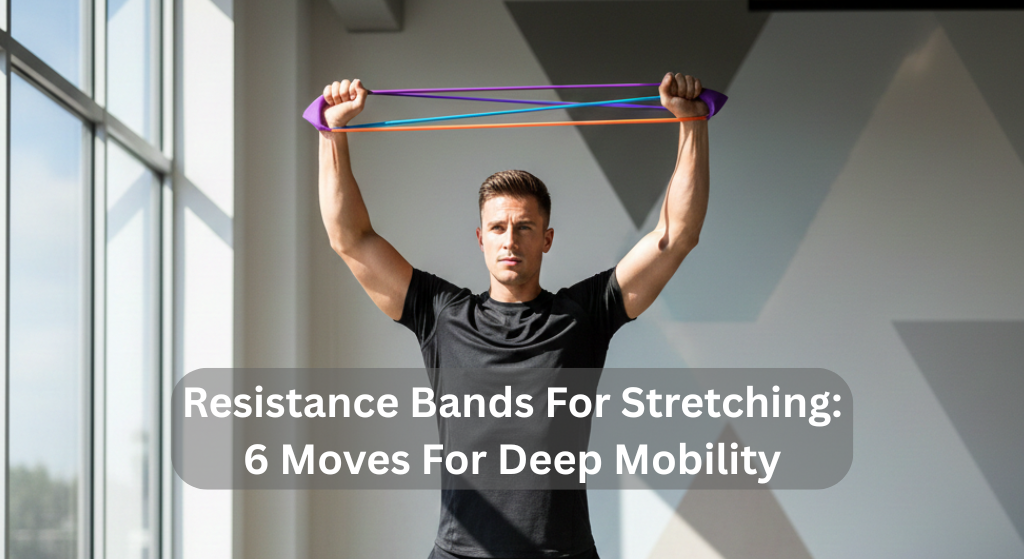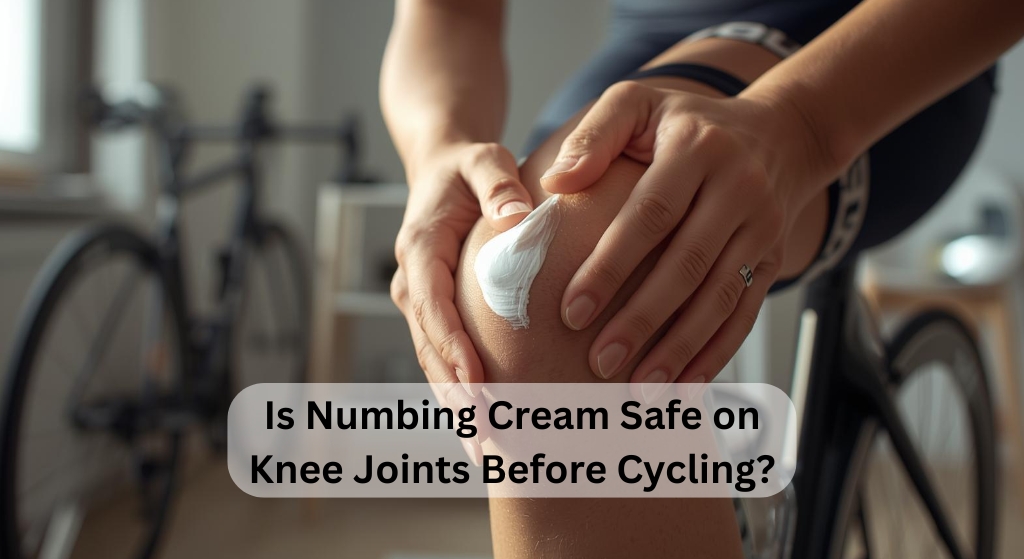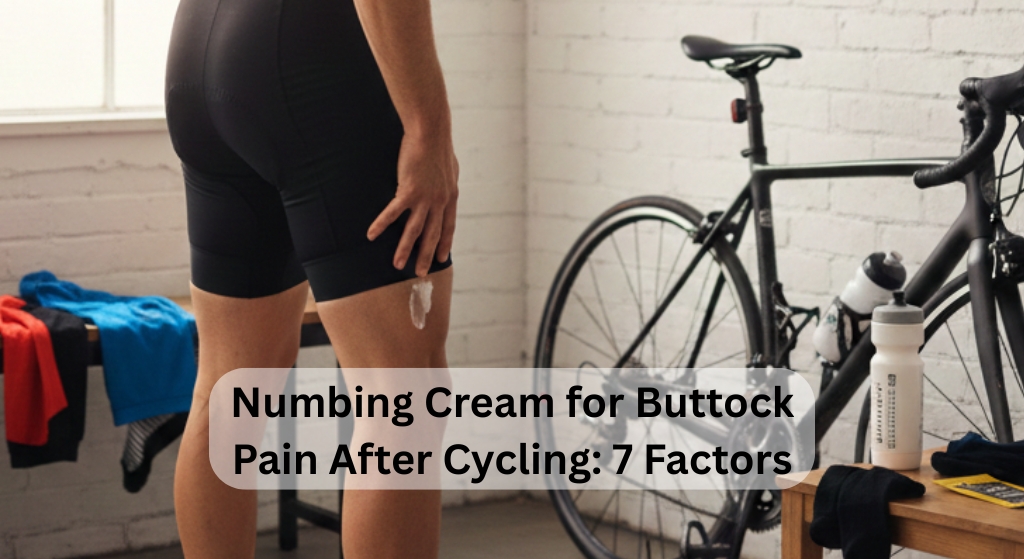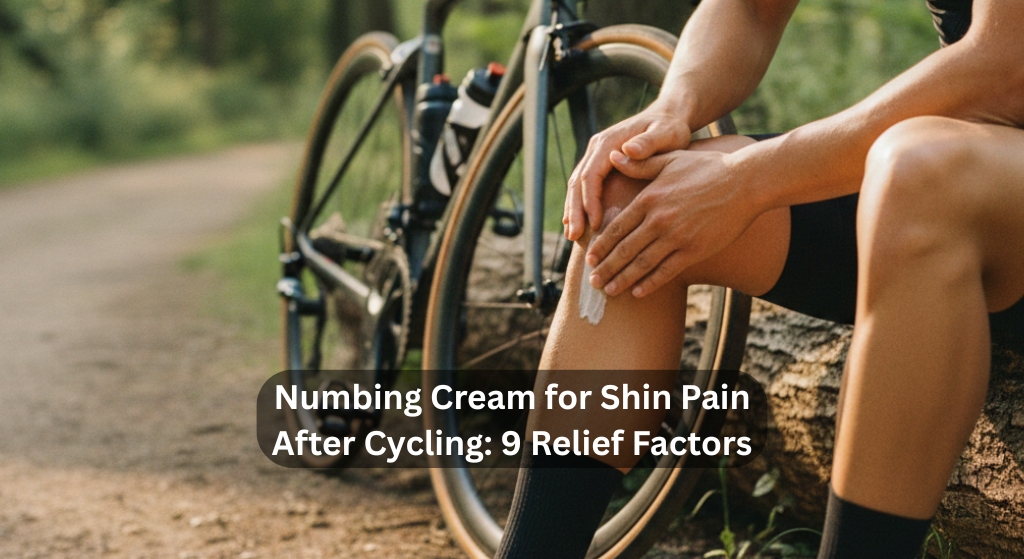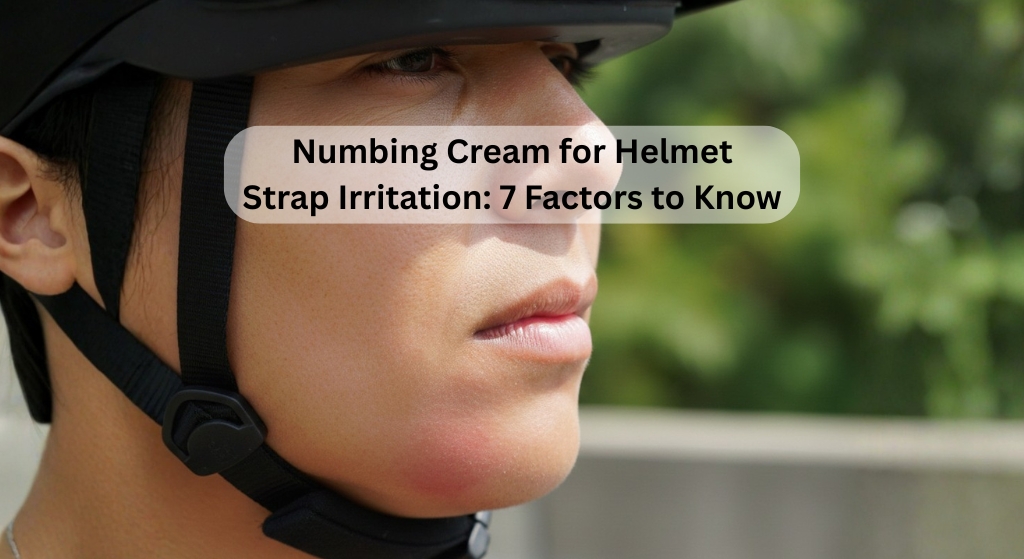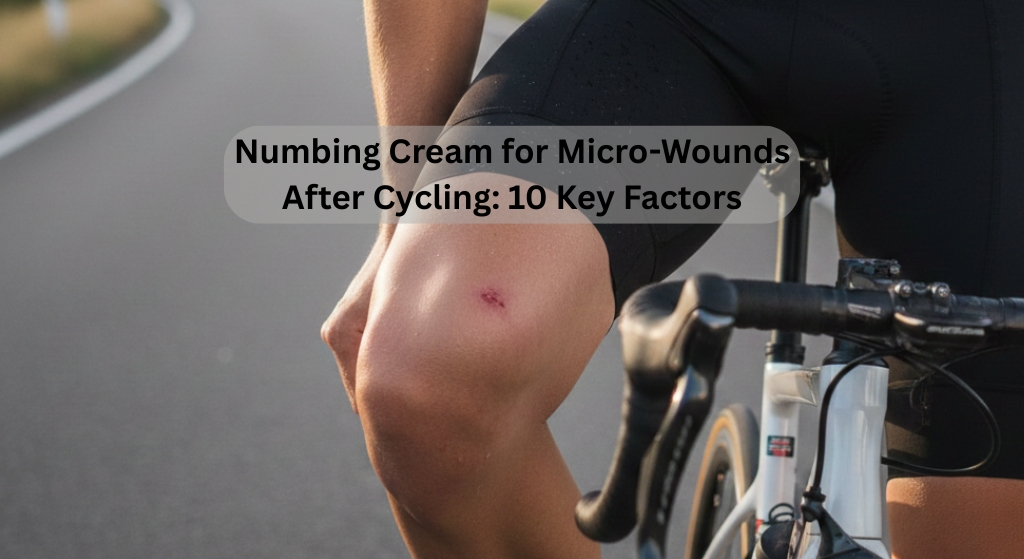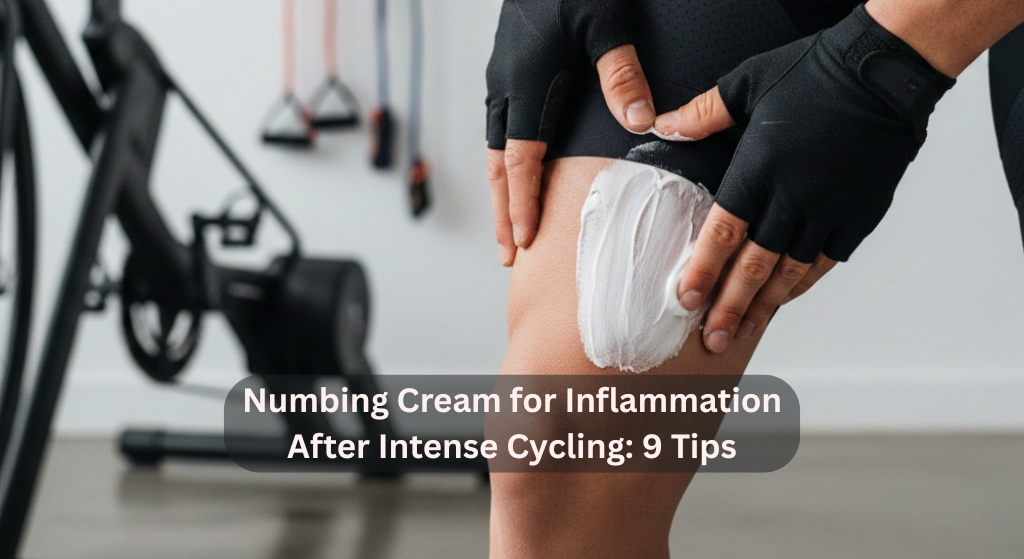Most people stretch the same way they always have. Sit, pull, hold, hope for the best. It feels productive, but the results rarely stick. Resistance bands for stretching change how your body responds. Instead of triggering the stretch reflex that makes muscles tighten up, bands help muscles relax so you can move deeper with less… Continue reading Resistance Bands For Stretching: 6 Moves For Deep Mobility
Resistance Bands For Stretching: 6 Moves For Deep Mobility
